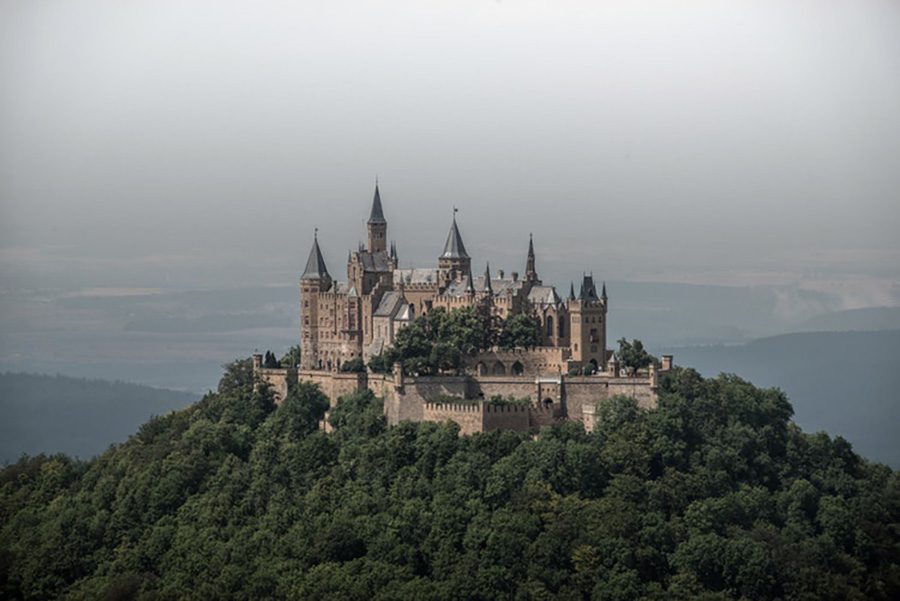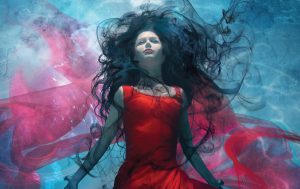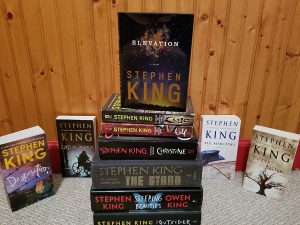‘Queen of Fantasy’ writes novel fit for a king
Photo via Unsplash (Sandra Ahn) under Creative Commons license
Kingdoms fall, but they rise again. “King of Scars” is a fantastic book by experienced novelist Leigh Bardugo that follows the cycle of vulnerable, power-hungry beings.
February 14, 2019
In order to achieve greatness in the realm of fantasy fiction, there must be dynamic characters and truly awesome superpowers. Leigh Bardugo’s “King of Scars” not only includes these, but executes them with perfection.
Unlike most fantasy novels aimed at young adults, “King of Scars” has an unique premise. Instead of introducing a nation with an inevitable downfall, usually as a result of social injustice or economic or moral corruption that will ultimately be brought about by the protagonist and friends, “King of Scars” introduces a downtrodden nation, Ravka, told from the perspective of a struggling king and his closest advisers.
Admittedly, the pacing of the book is a bit slow in the beginning. This is probably the result of such unique worldbuilding, as we, the readers, need to become acquainted with this nation and all its past wars without getting overwhelmed with information. After this world is built, it stands strong. Ravka is modeled after Bolshevik Russia, which makes it all the more fascinating and hard-hitting, with the added presence of “grisha,” or superhumans.
The characters themselves are the highlight of the book. Nikolai, the king, is witty and charming and problematic, which serves well to make his character relatable to readers in lieu of his royal title. Even if we don’t get possessed by literal monsters at night, we all know how it feels to be responsible of more factors than we could possibly control.
Zoya, his closest adviser, is cold and sharp, which is well contrasted by Nina, the king’s agent, a character with the tendency to bare her heart to anyone she finds worthy. The presence of both female protagonists introduce the idea that neither heroic disposition is superior to the other, and thus, should both be celebrated.
Bardugo is inclusive in her storytelling, which is a matter of great importance in the current era of political correctness. Nina is plus-sized and Nikolai is probably bi, and there are a great many characters of non-white ethnicity scattered throughout the novel. Any bibliophile that feels underrepresented in contemporary literature ought to pick up this book, as Bardugo does a great job of incorporating minorities and LGBTQ+ characters without making it obvious that she’s making a statement.
On top of this, Bardugo writes beautifully. At this point, she’s a seasoned writer, having written The Grishaverse Trilogy, the “Six of Crows” Duology, and the novel version of “Wonder Woman: Warbringer.” Her descriptions are breathtaking, the written banter natural and expressive, the characterization completely and utterly stellar.
Regarding the plot itself, it is evident that Bardugo has completely mastered the art of shocking an audience. As a reader, all that is truly felt is tension, impending tension and stakes and doom. Though the beginning may be slow, the novel builds in intensity during that period. Then, without warning, the plot kickstarts, and all that tension is released in the most glorious method to be imagined.
I have no doubt: once you get to the twist, you will fly through the remainder of the novel.
The ending of “King of Scars” is beautiful in that it makes perfect, logical sense, but it’s not one that anyone could have ever imagined. There are many, many aspects of this book that makes it worth reading — the characters, the worldbuilding, the humorous banter, the writing style, to name a few. The ending alone makes it amazing.
I rate this book 5 out of 5, 10 out of 10, perfect on any scale. “King of Scars” is not a book that anyone could possibly regret reading.









